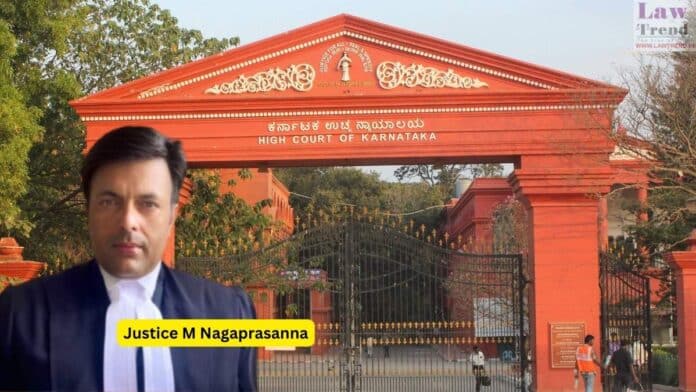The High Court of Karnataka, in a judgment pronounced on October 25, 2025, has quashed criminal proceedings for rape, defined under Section 64 of the Bharatiya Nyaya Sanhita (BNS), 2023, initiated against a 23-year-old man, Mr. Sampras Anthony. Justice M. Nagaprasanna, allowing Writ Petition No. 31144 of 2024, held that permitting the prosecution to continue
To Read More Please Subscribe to VIP Membership for Unlimited Access to All the Articles, Download Available Copies of Judgments/Order, Acess to Central/State Bare Acts, Advertisement Free Content, Access to More than 4000 Legal Drafts( Readymade Editable Formats of Suits, Petitions, Writs, Legal Notices, Divorce Petitions, 138 Notices, Bail Applications etc.) in Hindi and English.




